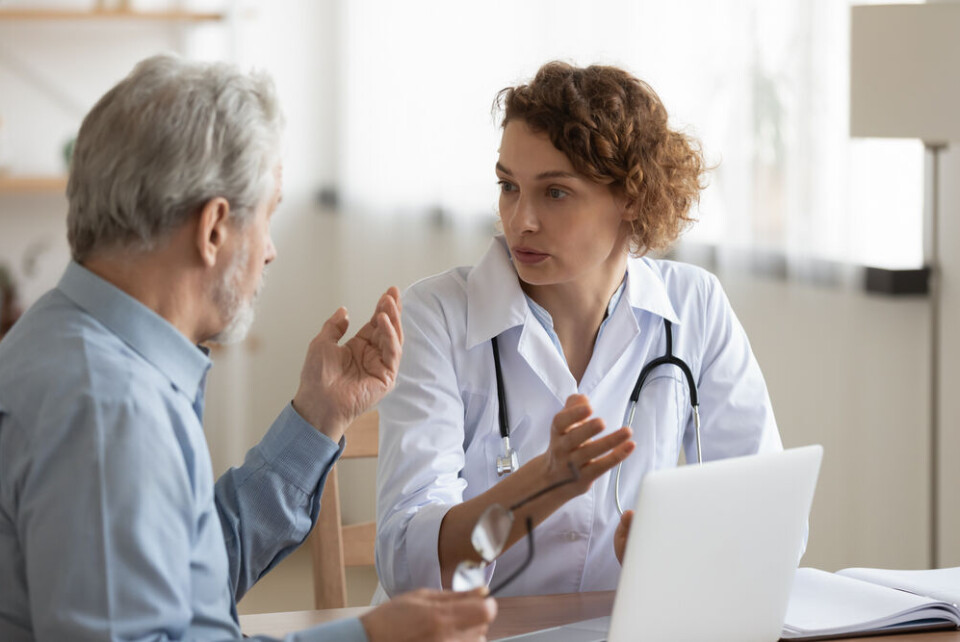-
Is France heading for another cold wave this month?
Predictions come amid unseasonably mild weather for much of January
-
France’s end-of-life law under debate as conditions examined
The text centres on the definition of and access to ‘medical assistance in dying’
-
Images: superb northern lights seen across France
Lights appear in rarer green colour following powerful solar flare
Getting a specialist health consultation is now easier in France
Now nearly all medical professionals can consult experts online to give patients quicker diagnoses and possibly save them a trip to another medical facility

France has expanded its online health consultation scheme so as to allow patients to receive quicker and easier access to specialist medical diagnoses and advice.
The system, called téléexpertise, allows a medical professional to consult a health specialist online - with the permission of the patient - in order to get a quicker diagnosis. It can save the patient being referred for a second visit to the specialist.
The idea is to cut down on delays in seeing an expert and improve access to better care – especially for those living in places where there is a lack of expert health facilities, places commonly known as ‘medical deserts’.
Previously, only GPs were allowed to use téléexpertise with certain patients, such as those with rare or long-term illnesses or care home residents, but the scheme has now been expanded from this month to all patients.
In addition pharmacists, physiotherapists, speech therapists, nurses, dieticians and several other medical professionals can use the online consultation system to get expert advice for any patient.
Midwives will have access to the system from September this year.
How does it work?
A patient has a consultation with a health professional, for example a pharmacist.
The pharmacist can then, if they feel it is necessary, seek further advice from a specific expert, for example a cardiologist. The patient must agree to allow the pharmacist to do this.
If the patient does agree, the pharmacist will contact the cardiologist through a secure messaging system set up for the purpose.
Following the consultation, the cardiologist will write up a report that they can file on the patient’s online health record, called Mon espace santé, if the patient has set up an account. The cardiologist will also send the report to the patient’s GP and to the pharmacist.
If the situation is deemed an emergency, the patient will be referred to the nearest relevant healthcare facility.
The patient does not need to be present when the healthcare professional consults with the expert, although they can be.
You can read more about Mon espace santé in our article here: New online health space: What it changes for residents in France
How much does it cost?
For patients in the French healthcare system, the consultation is 100% covered and there are no upfront payments (tiers payant).
A receipt of the reimbursement will be available on the patient’s Ameli account.
The medical professional who calls for the expert consultation will receive €10 and the expert who is consulted will get €20.
How do you organise this consultation?
You can speak to any health professional and ask them about it. They may independently offer you the service if they feel it is necessary.
Related stories
New digital space rolled out in France to better manage health data
Health cabins: virtual GP visits becoming more popular in France
French mobile opticians bring eye tests and glasses to your door
























